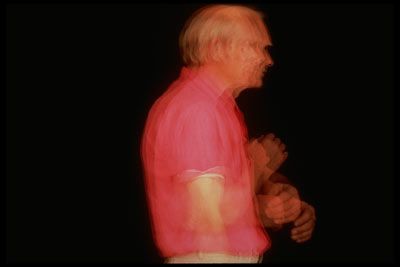Raising any kid is a challenge, but raising a kid with a little-understood medical condition, such as Tourette syndrome, is even harder.
Tourette syndrome causes physical and verbal tics -- brief episodes of uncontrollable muscle movement or repetitive spoken outbursts. These symptoms usually show up between the ages of 6 and 10, and they peak during adolescence. Rapid eye blinking, hand flapping and throat clearing are common tics in children, although tics (and their severity) vary from kid to kid. A child may have a number of core tics that stay with him or her consistently, but others may appear and disappear in cycles. Often, the symptoms decrease or even disappear altogether as children move into adulthood.
Advertisement
Boys are more likely than girls to have Tourette syndrome and also to have more severe forms of it. Children with the condition are often diagnosed with obsessive-compulsive disorder (OCD), as well, though the link between the two isn't well understood.
That's the case with Jaylen Arnold, a 9-year-old boy with severe Tourette syndrome, OCD and Asperger's syndrome. Unlike most children with Tourette syndrome, Jaylen started experiencing symptoms very early in life -- his first tic developed at age 2. His tics come pretty fast and furious, and when they do, his body is involuntarily thrust into contortions, with a variety of barks and other verbal tics bursting from his mouth.
Between tics, Jaylen is a bright, affectionate boy who's often more concerned for the well-being of those who watch him "ticcing" than he is for himself. Jaylen knows he has a severe form of the condition and isn't counting on it going away as he gets older. But his medical conditions haven't kept him from achieving his goals. He regularly speaks to auditoriums filled with as many as 1,000 students and educators, sharing his experiences dealing with adversity -- and bullies -- in hopes of making life better for others who are misunderstood or singled out for their noticeable differences. When not playing with his little sister or friends, he makes time to grant media interviews to the likes of Katie Couric, to film PSAs with celebrities who also have the syndrome, and to interact with thousands of people on his Web site, www.jaylenschallenge.org. And Jaylen probably has 10 times as many followers on Twitter as you do.
But the journey has been, and continues to be, quite hard for both Jaylen and his parents.
Advertisement




